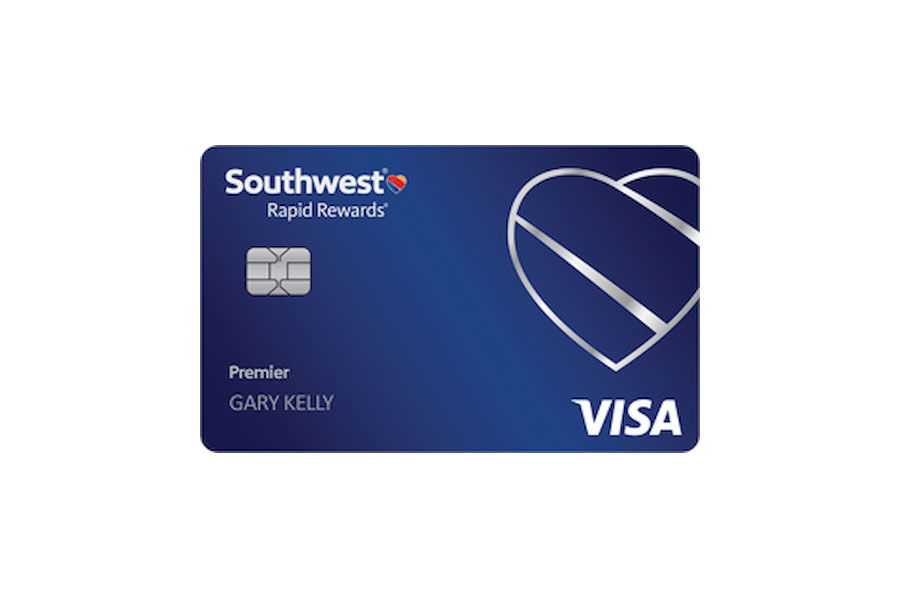Barclays offers numerous credit cards, many of which come with rewards, travel perks, and financing options. If you’re thinking about applying, it’s important to know what credit score is typically required and what factors can impact your approval odds.
While most Barclays credit cards are aimed at applicants with good to excellent credit, approval depends on more than just your score. Your income, existing debt, and overall financial history also play a role in the decision.

Credit Score Requirements for a Barclays Credit Card
Most Barclays credit cards require a credit score of 700 or higher, which falls within the good to excellent range. However, some applicants have reported being approved with scores as low as 640, especially if they have strong income or a history of responsible credit use.
Credit score alone doesn’t determine approval. Barclays also looks at factors like income stability, debt-to-income ratio, and recent credit activity. If your score is on the lower end, reducing existing debt and ensuring a clean payment history can improve your chances. If your credit profile needs work, taking steps to build it before applying may be a better strategy.
Additional Factors for Barclaycard Approval
There’s no guarantee that you will be approved for a credit card, regardless of how high your credit score is. Your credit score is probably the most important factor when considering your credit application. However, Barclays Bank also considers other factors such as your income, debt, and any negative items on your credit report.
Employment History and Income
Barclays may also take into account your employment history and income stability. If you have a steady job with a reliable income, it demonstrates to the bank that you’re in a position to repay any debts incurred through the use of a credit card.
Debt-to-Income Ratio
Another factor that Barclays may consider is your debt-to-income ratio. This measures the percentage of your monthly income that goes toward paying off your debts. A lower ratio is more favorable, as it indicates that you have a manageable debt load relative to your income.
How to Increase Your Chances of Getting Approved for a Barclaycard
Getting approved for a credit card requires a little planning. Most credit card offers require very good credit. So, when applying for new credit, it’s essential to know your credit scores and what’s on your credit reports.
Credit card issuers want to see a strong credit history, steady income, and low credit utilization. If you’re using too much of your existing revolving credit, it’s a sign that you may not pay them back. You’ll also want to make sure you haven’t applied for too much credit in the recent past. Having too many credit inquiries can lessen your chances of getting approved.
Check Your Credit Reports and Dispute Errors
Before applying for a credit card, request a copy of your credit report from the three major credit bureaus: Equifax, Experian, and TransUnion. Review your reports carefully for any errors, such as incorrect late payments or duplicate accounts, and dispute any inaccuracies with the respective credit bureau.
Pay Down Existing Debt
Reducing your outstanding debt is another way to boost your chances of Barclaycard approval. Lowering your credit utilization rate can have a positive impact on your credit score and demonstrate to lenders that you’re a responsible borrower.
Consider a Co-signer
If you’re having trouble getting approved for a Barclaycard on your own, consider asking a family member or close friend with good credit to co-sign on the application. This can significantly improve your chances of approval, as the co-signer’s credit history and income will also be considered.
Get Your Credit in Shape Before Applying
If your credit score isn’t where it needs to be, taking steps to improve it before applying for a Barclays credit card can make a difference. Removing inaccurate negative items, reducing existing debt, and maintaining a strong payment history can help boost your approval chances.
Credit Saint offers professional credit repair services to help dispute errors and remove negative marks like late payments, collections, and charge-offs. With a cleaner credit report, you may find it easier to qualify for better credit cards and other financial opportunities. Visit their website for a free credit consultation to get started.



